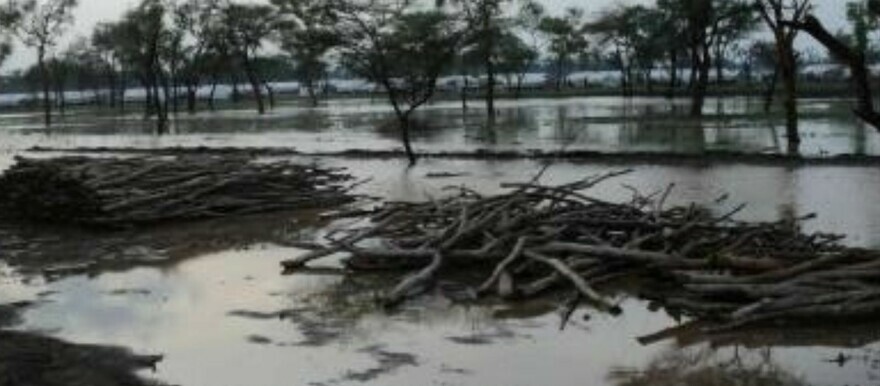An 11-year-old boy died at Malualkon Hospital in Aweil East County in Northern Bahr El Ghazal State where he was rushed for treatment on Wednesday afternoon after being bitten by a snake while hunting with other boys in a nearby forest.
According to the doctor who attended to the deceased, the boy was struck by the snake when he put his hand in a hole in the ground to retrieve an animal. He said they could not save the boy’s life because there was no anti-venom at the health facility.
The director of the Malualkon Hospital, Dr. Machar Machar, said they have received six snake bite cases in the last two days of which one patient died.
“We are facing snakebites cases and in the last two days we have admitted around six patients and one of them who was a small boy of 11 years passed on,” he explained. “The boy was attacked by the snake after he inserted his hand to drag out an animal from a hole while a local group of boys was hunting on Wednesday morning. He was then brought unconscious to the hospital and died after two hours.”
According to Yel Lual, the acting director of health in Aweil East County, most of the areas in the county are lowlands that flood which allows for the snakes to swim and get into contact with people. He said the snake bite incidents are less in the dry season.
“There are such cases because our county is situated in lowlands filled with water and that makes it easy for snakes to assault the people but this aspect decreases when the dry season comes,” he said.
Meanwhile, the director general at the Northern Bahr el Ghazal State health ministry, Dr. Aleu Pioth, confirmed that the state lacks anti-venom, saying that the available quantities were directed to the Sudanese refugees and South Sudanese returnees who fled the war in Sudan. He revealed the number of snake bite cases has been very high since the beginning of the year, promising to avail the data later.
“There are no drugs at all because the little we had, we allocated to the Sudanese refugees and South Sudanese returnees who escaped the war in Sudan,” Dr. Pioth said.




